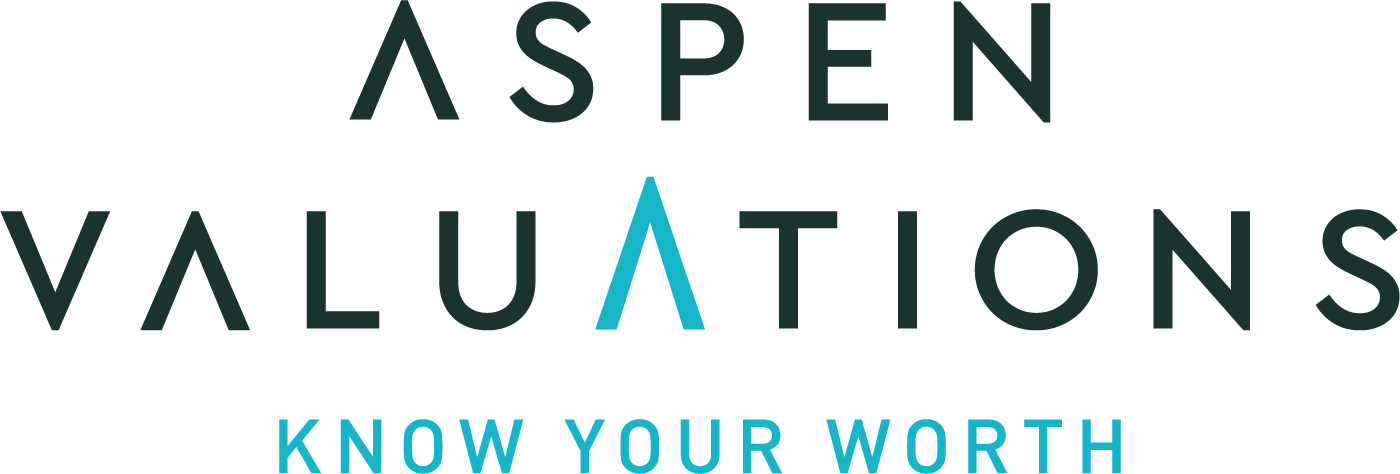Most important factor in a business valuation
1 min read.
What is The True Income of the Company?
In general terms, in most business valuations the value of a company is derived at by discounting or capitalizing the ‘true’ income or stream of cash flows that a potential buyer of the business will likely receive.
For most privately-held companies, the actual income reported does not usually represent it’s ‘true’ future income. We have seen it to be widely different (higher or lower) than the actual income reported for the companies we valued. In some cases, a company that incurs losses or breaks even most years may turn out to be very profitable, and hence has a substantial value.
Unfortunately, we have come across many erroneous valuations resulted from reliance on unreasonable income estimates. This led to a buyer over-paying for the true value of a business or vice versa, a business owner selling their business at a price that is much lower than their company’s fair value.
At Aspen, by reviewing accounting records and discussing with the business owners, we identify expenses (and even revenue) that may not be transacted at market rates or economic amounts. We make adjustments to ‘normalize’ these transactions. ‘Normalization’ is the first step. Further analyses on sales pattern, economy, industry trends, company’s changes are many other factors we look at in determining the anticipated ‘true’ earnings or cash flows of the business going forward.
Book a free consultation with us to chat more.

